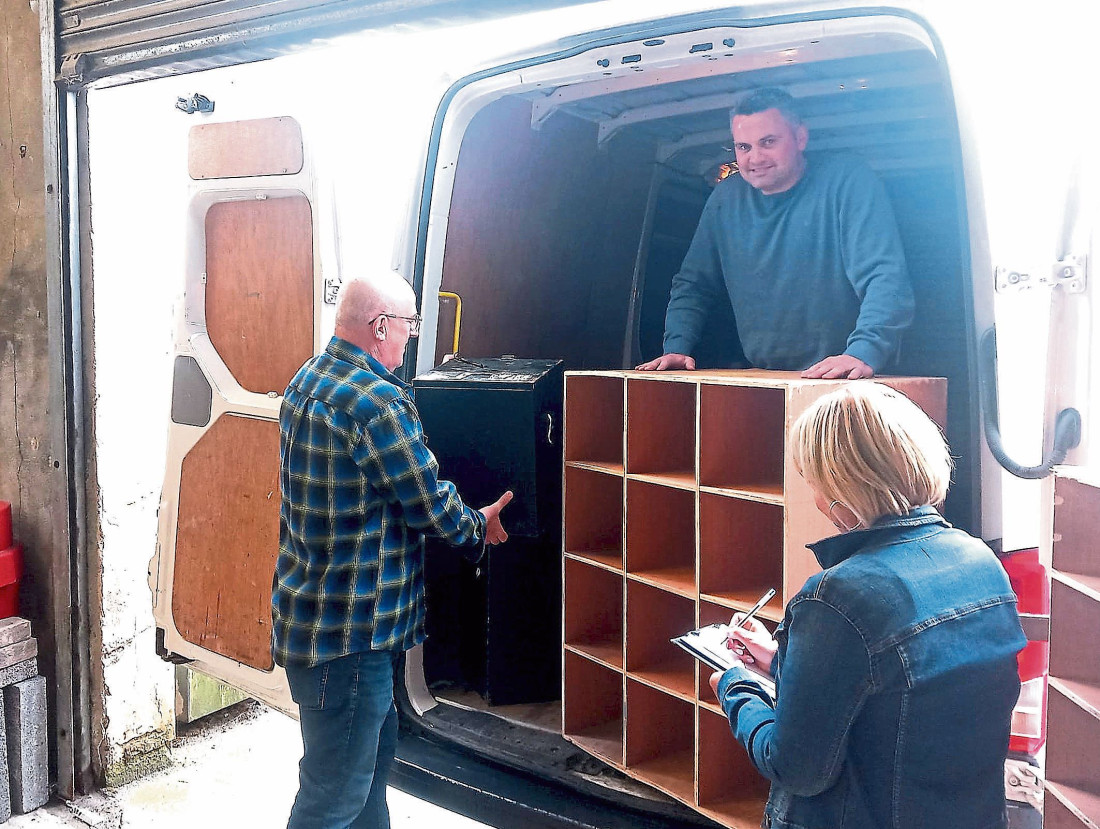By Kate Heaney
TOMORROW will see more than 130,000 adults in County Donegal eligible to go to the polls to cast their vote to elect 37 county councillors to serve for the next five years.
For those eligible, voters here will also cast their ballot for the candidates they believe should represent them in the European Parliament.
Polling stations across Ireland will be open from 7am until 10pm tomorrow.
The 90 hopeful local election candidates will finish canvassing this evening and then wait and get an initial indication as the ballot boxes are opened on Saturday morning for sorting.
Following tomorrow’s voting, all boxes from the county’s voting booths at the polling stations will be brought to the Aura Leisure Centre in Letterkenny where separating of the European and local ballot papers will begin at 9am.
Once sorted, the local election ballot papers will be taken to five different centres, one in each of the five municipal districts, to be counted.
The centres are, Carndonagh Community School for both Buncrana and Carndonagh votes; Aura Leisure Centre, Letterkenny for Letterkenny and Milford votes; Finn Valley Centre for Lifford/Stranorlar votes; Highlands Hotel, Glenties for the Glenties votes and St John Bosco Centre for Donegal votes.
There are 15 Fianna Fáil candidates, 18 Sinn Féin, 9 Fine Gael, 3 Labour, 3 Greens, 6 Aontú, 6 100% Redress, 4 The Irish People and 27 Independent.
The European ballot papers from County Donegal for the 27 candidates standing in the 15 county-wide Midlands North West Constituency will then be moved to Castlebar to be sorted and counted to see who finally takes the five seats available. Counting there will commence on Sunday morning.
The Garda Press Office declined to comment on any possible extra security at polling stations on Friday saying they do not comment on the specifics of security or policing plans for any particular person, location or event.
“The protection of the electoral process is central to democracy and a priority for An Garda Síochána. It is standard that policing plans, based upon assessed threat, are put in place for all electoral events. This ensures an effective policing response to potential criminal activity,” a spokesperson said.
“The running of election centres and count centres are a matter for Returning Officers appointed by local authorities. An Garda Síochána engages closely with the Returning and Presiding Officers at election and count centres. Electoral legislation provides for specific offences in proximity to polling stations and count centres.
“Any other matter reported to or witnessed by An Garda Síochána either directly in connection with the elections or in the vicinity of polling stations/count centres will, as normal, be fully investigated by An Garda Síochána.”










